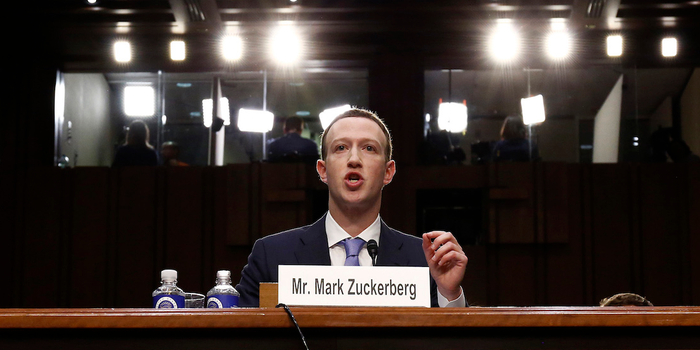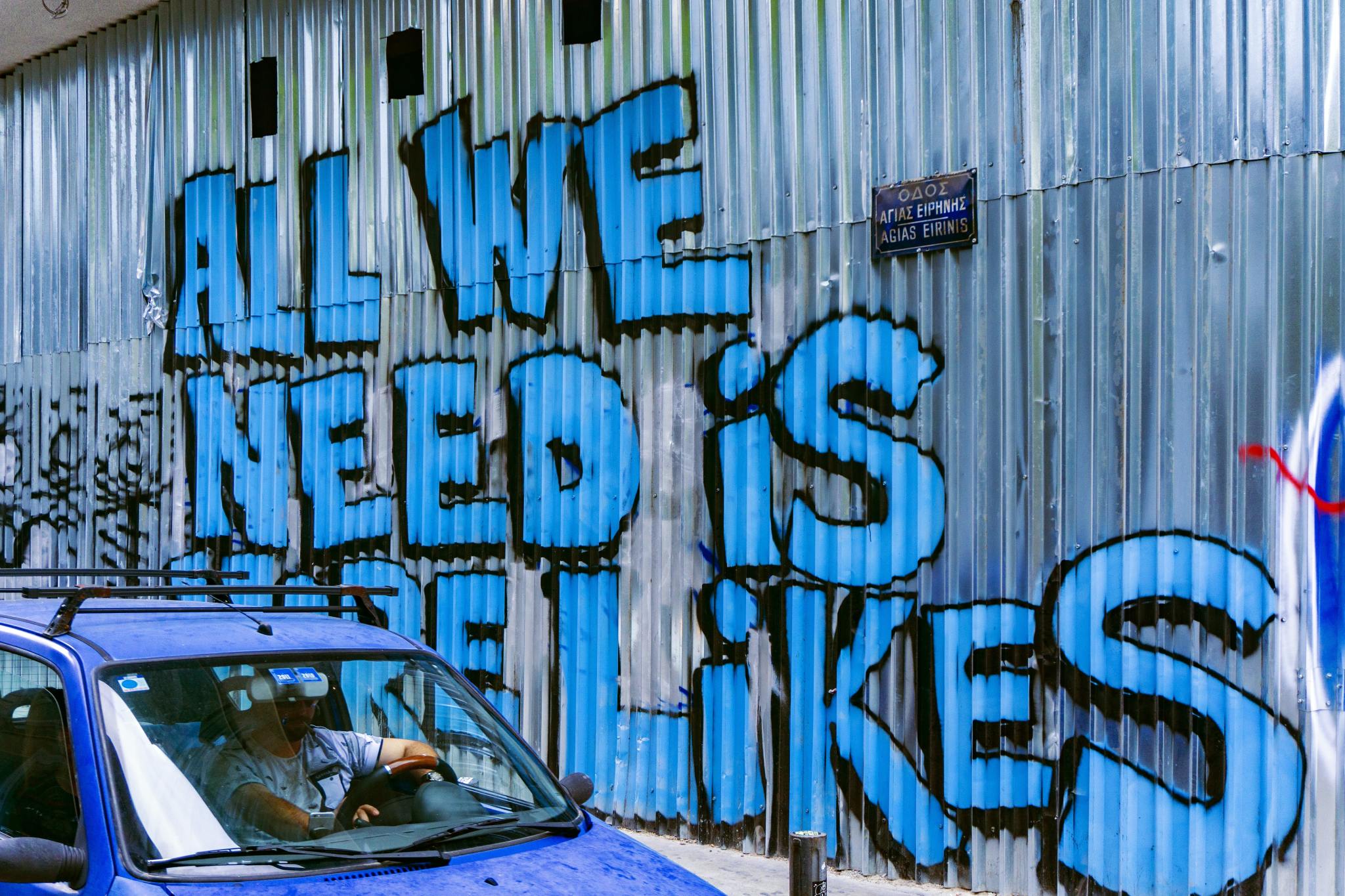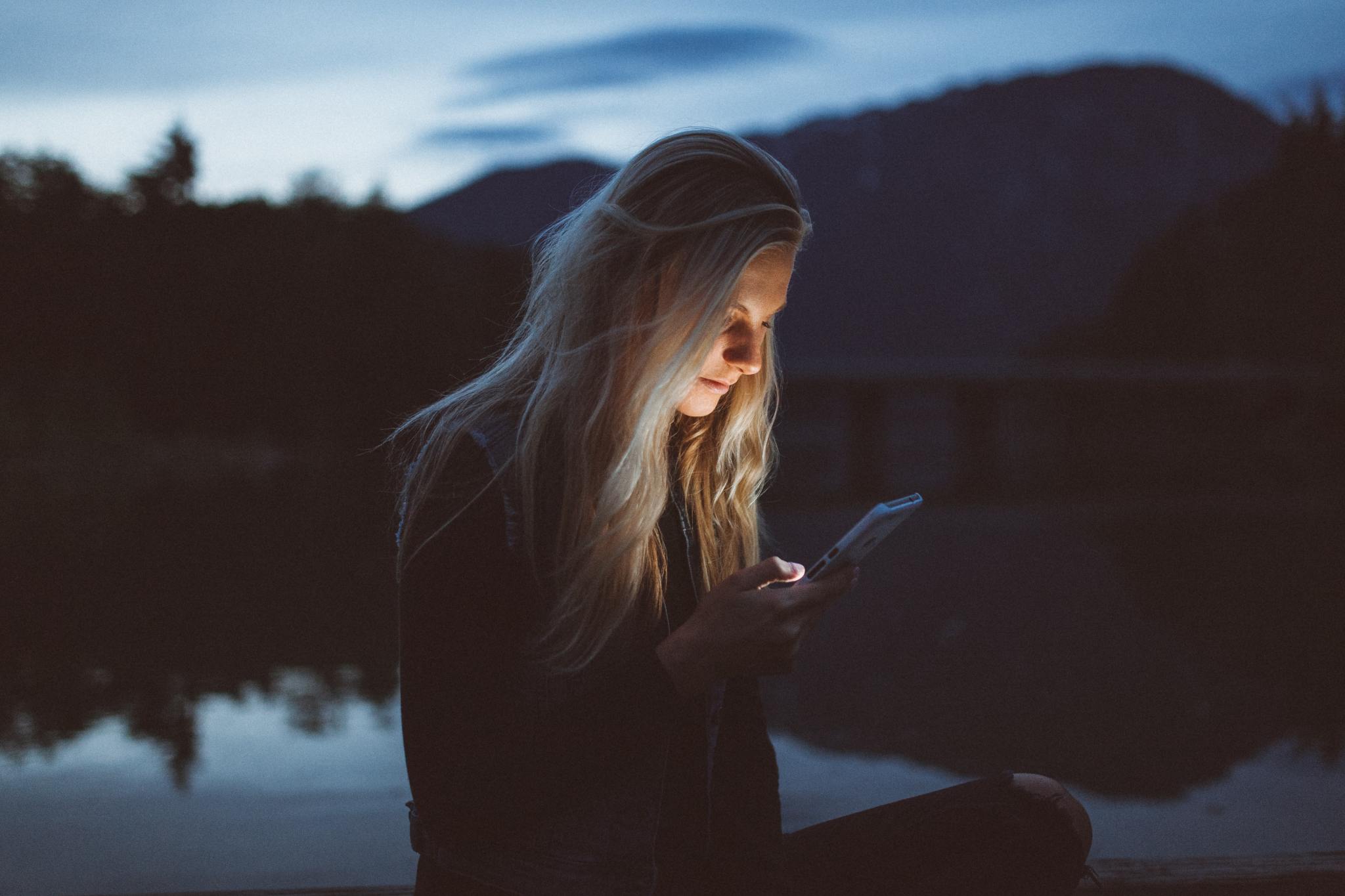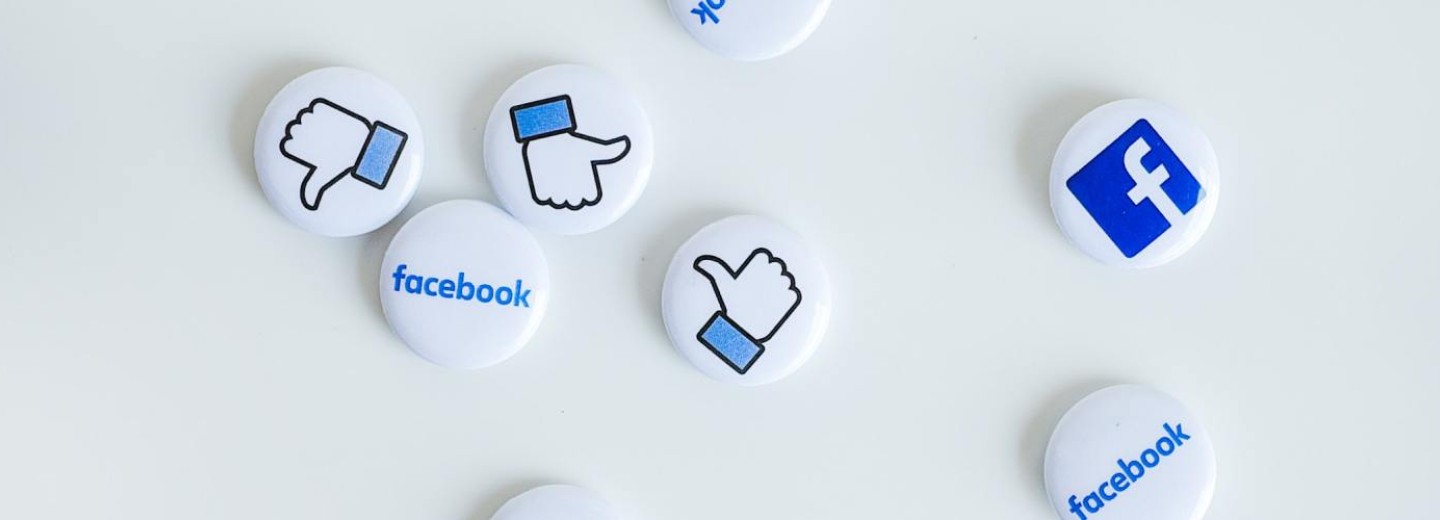Wasted lives
I’m Will Owen, a mechanical engineer turned social entrepreneur. Growing up, I climbed trees and played Xbox, joked with friends and tagged them in my Facebook uploads. I believe my generation has experienced both real and digital life in fairly equal measure throughout our formative years.

Unfortunately, for the generations that follow us, the latter has begun to outweigh the former. So, my mission is to install humanity into the digital world as well as to promote adventure outside of it. Our mental wellbeing, collective understanding, environment and political structures depend on it.
I believe the most fundamental flaw on the Internet lies in the way it is monetised. Advertising extracts too much of our most valuable asset, time. Unless you’re Jeanne Calment, you normally don’t get more than approximately 100 years of it -876,000 hours – many of which we squander on surplus screen time every day.
We have been hi-jacked by the hybridisation of military grade surveillance technology and the attention economy. The sheer scale and nature of these platforms makes them important security assets to any nation. There’s a reason Mark Zuckerberg has had meetings with Robert Mueller. In my view, it’s likely that an official blind eye is turned to Zuckerberg’s technology, thanks to its utility to security services. But this is destroying everything that makes us human, gobbling up time best spent in nature, with loved ones, exploring.

This happens simply so that a few men, as well as the men who financed them, can make even more money. We get sucked into a terrifyingly brave new world, turbo-fuelled by egotism, often without even realising it.
Free will
Despite this, people still have free will. We control whether we download, use or overuse these applications – at least In the western world. However, Facebook pre-installs its applications on Android devices in certain Asian geographies. In any case, there is always the human factor. We have control, we choose to scroll, swipe and tap. So, optimising our digital behaviour in favour of a more fulfilling life is a choice we must make.
Retaining control over our usage/screen-time isn’t as simple as we may think, thanks to a little neurotransmitter in all of us called dopamine. Social media plugs into our psyche hooking us with social validation in the form of a beautiful game. We’re addicted to it. As with any addiction, we need all the will power and self-discipline of which we are all capable, to kick the habit.

How we got here
It’s 2003, Mark drops the hottest new tech – Facemash. This was a page that empowered Harvard students to scrutinise anonymously the appearance of their peers. Guess what? People loved it, tapping seamlessly into the nasty and narcissistic underbelly of our psyche. The idea evolved over time, to become a relationship status database for horny students. Later, it became an attention-capturing, monetisation machine.
Unfortunately, the extraction of our attention comes with consequences. These include the loss of hours every day to surplus screen time. Losing two hours a day to social platforms leaves us with 12.5% less time every day of our lives. We fill our days with rush and anxiety with no time to exercise, eat, sleep, learn or love, well.
I’ve slated Facebook simply because they have stolen the largest amount of time from me. However, they are far from the only culprits. There are far scarier prospects around, such as Tik Tok, and no doubt others on the horizon. In fact, I believe established Big Tech companies, like Facebook, may be the only ones who can change this before it’s too late.
Single-minded focus on profit that’s tied so closely to capturing our attention, has implications in the world. Beyond our screens, lurk insurrection, social polarisation and even huge carbon footprints due to the vast energy demands of digital infrastructure systems.

The harms are obvious. Big Tech companies must be reformed or replaced.
Solution
A humane advertising system must tap into and uphold human strengths rather than subvert human weakness. The current digital advertising model extracts the audience’s time from the true value exchange of human audiences.
Facebook trades social validation for screen time with their users, then exchanges this screen time (for rewards) with its advertisers. I believe, in a humane advertising system, that the intermediary, Facebook, need not be so involved. A platform like WeAre8 enables advertisers to reach audiences and pay them directly for their attention. It also supports social causes that the audience cares about.
By removing the greedy agent, mutual value can spread wider.
The road ahead
In a perfect world, Facebook and other social platforms would share the value they extract with the people that give it to them. There would be no need to spend hours of our day, months of our year, years of our lives staring at our screens. Advertisers would be able to deploy budgets as customer rewards, product discounts and social action. The platforms themselves would exist simply to facilitate true social interaction. Advertisements would occur on a separate forum.
Time-well-spent would be the standard that defines our futures.
It may be a pipe dream, but we need to believe that have control of every social platform’s bottom line. Collectively, wielding our power not to click, we can shift the digital paradigm to a far more humane mode.
Worked on the article:

Wanlikhang






